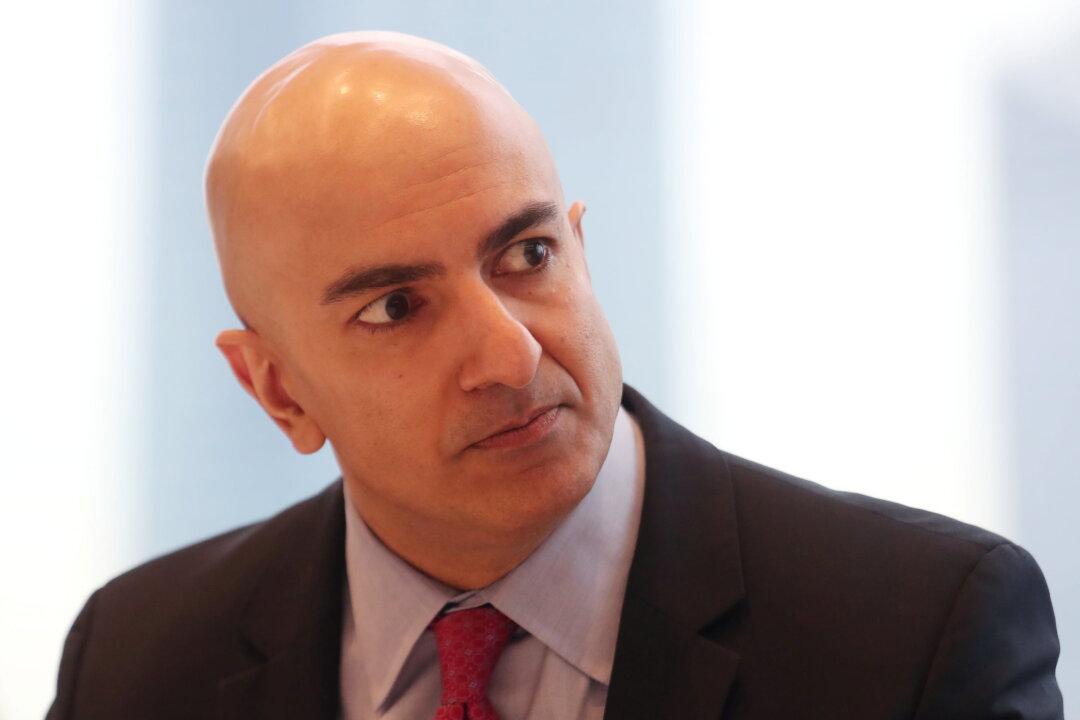The latest turmoil in the banking sector could bring the United States closer to a recession, Minneapolis Fed President Neel Kashkari has warned.
Speaking on CBS’s “Face the Nation“ on March 26, Kashkari was asked whether the collapse of Silicon Valley Bank (SVB) and regional lender Signature Bank, as well as the recent rescue takeover of Credit Suisse by rival UBS, could tip America toward an economic downturn.




